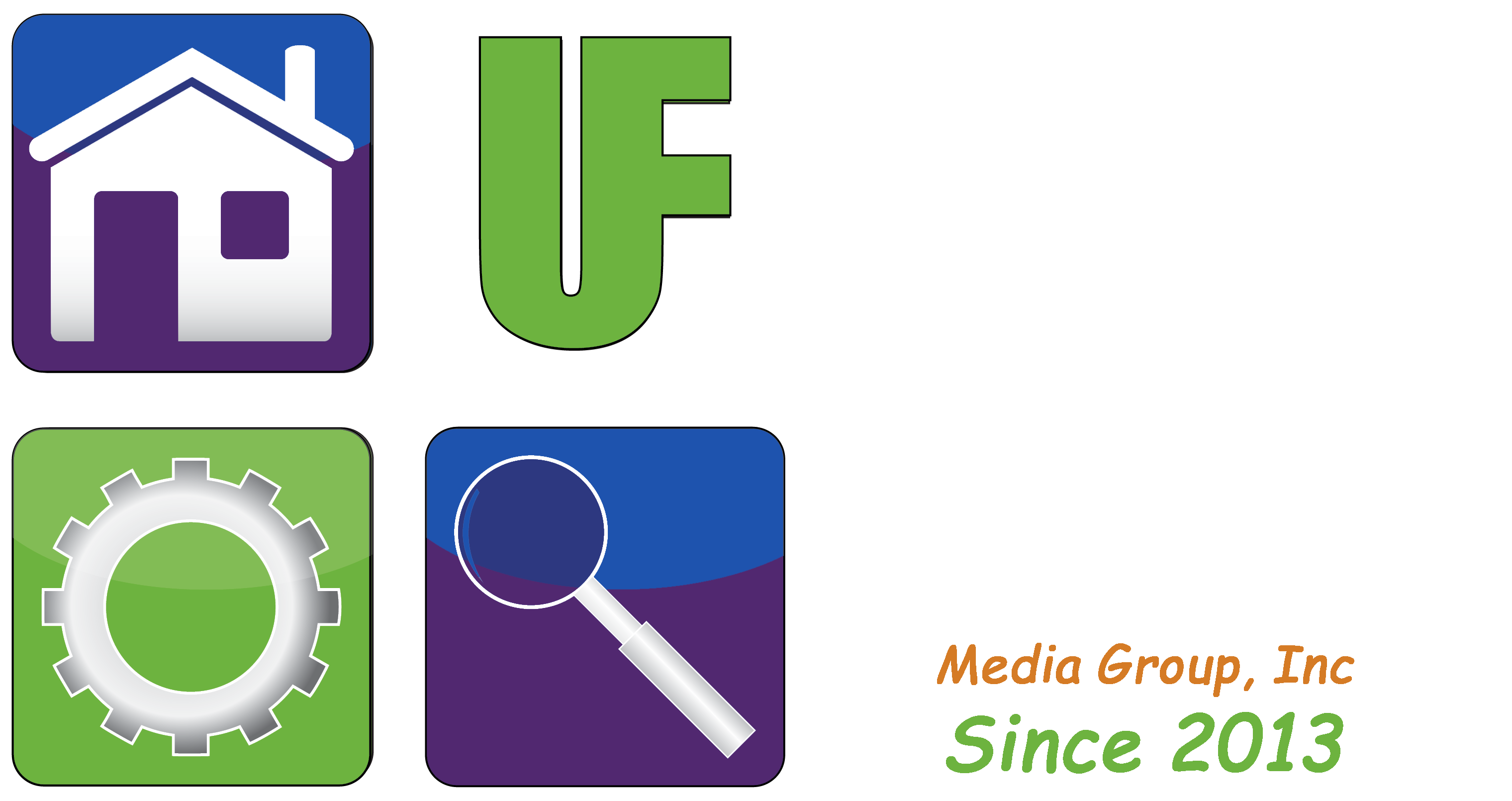By: William Sikkens
Host, User Friendly 2.0 Saturday’s at 5:00 p.m.
Pandemic’s have had an interesting side effect in that they push forward technology. Part of the push for use of direct dial phone numbers was due to another outbreak of illness in the early 1900’s. The idea was that if a call could be placed without the need of a switchboard operator it would reduce contagion among the phone company’s staff. Switchboard operators were still required at the time for calls made outside of the local exchange.
We are seeing the same push of modern technology due to COVID19. With the reduction and complete stop of travel, meetings which you would have flown for are now held online. A trend already existed to allow for some remote workers, but companies resisted thinking that productivity would decrease with remote work. The opposite has been proven to be correct.
Hollywood was already testing direct distribution of movies before COVID19. Now with theaters closed six months and no new movies coming out it’s very likely we have sadly seen the end of the movie theater in its current form.
E-Commerce, already a huge part of life, has grown during the past six months dealing a death blow to many brick and mortar stores. This was already a trend but has accelerated with many long-lived brands going into bankruptcy this year. This includes names like JCPenney, Stein Mart, Tailored Brands (Men’s Warehouse and others), GNC, Tuesday Morning, and Pier 1. Just to name a few.
DIG DEEPER:
Investment in technology is ongoing and important for any organization to stay on top of things in the 21st century. Since the year 2000 we have seen the invention of things like smartphones and social media. Bandwidth has increased to a point that it is not only usable but usable enough to replace face to face contact.
One of the biggest differences between now and 2007 (the last recession) is bandwidth. COVID19 has proven that we don’t need to go to offices as often and in many cases at all. This is going to have an effect on everything from what our cities look like to how business is done. While it is said New York always recovers from disaster, as an example, it will most likely not “recover” this time. At least not to what it used to be. Silicon Valley, California is another area that will look very different.
Since the onset of the first tech bubble in 1999, business and large technology companies drove housing prices up as their engineers and staff needed to be close to work. This pushed up prices in places like San Jose and New York to a point where a basic track home sold in the 7 figures. Rental prices in New York and San Francisco topped $5000/month for a one bedroom apartment.
COVID19 has forced investment into remote technology like nothing we have ever seen before. Large tech companies like Google, Apple, Amazon, and non-tech companies alike are finding that working remotely is sustainable. The high price house will become a thing of the past because there is no need to live near where you work. A good Internet connection has much more value now than it ever did before.
When COVID19 started many companies moved to remote work for a temporary period of time. Most have pushed this into next year with some saying they don’t believe they will ever move employees back into the office.
But changes are not just happening in the workplace, all levels of Education are being pushed to the Internet as well. Technology for remote classes and learning has been created and improved for almost every type of school. New challenges will result from this and will have to be addressed as they surface. Problems such as screen fatigue will need to be dealt with. What kind of new technology will be developed to assist with eye strain? Within the next year, we shall probably see some kind of advancement to help with this.
While remote work and learning won’t completely replace in person interaction, it is here to stay.
We really don’t know when or what life will be like “after COVID19” and how the world will resume. But we do know that many of the new virtual aspects will remain.
William (Bill) Sikkens has been an on-air technology expert since 2014. With an expertise in I.T., cyber security and software design he has had more than 20 years’ experience with advanced technology. Sikkens conceptualizes and designs custom applications for many professional industries from health care to banking and has the ability to explain the details in a way all can understand. Article edited by Gretchen Winkler, who along with Jeremy Winkler are the co-hosts of User Friendly 2.0 here on The Answer Saturday’s at 5:00 p.m.
Links and brand/store information provided are for information only and are not endorsed by Salem Media Group, KPAM or the shows hosts
Got a technology question or comment for Bill? Follow him on Twitter @sikkensw


